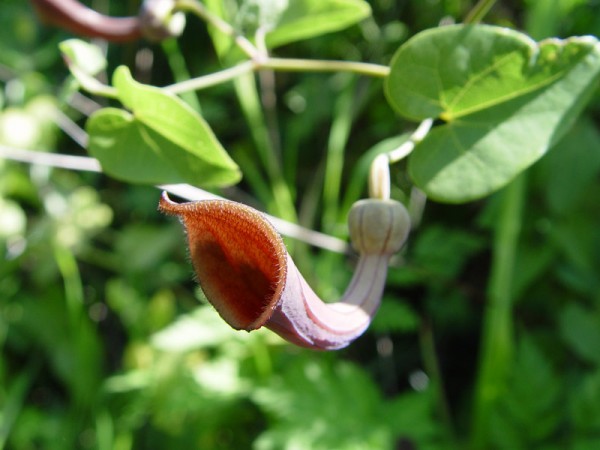Posted By:
Steve Parcell
Category:
Integrative Cancer Support
Steve Parcell, ND History EDTA chelation therapy is approved by the Food and Drug Administration (FDA) as a treatment for lead and heavy metal poisoning. About one million people in the United States are treated with EDTA chelation therapy every year. Chelation therapy is a medical treatment that improves cellular function by removing toxic metals (such as lead and arsenic) and abnormally elevated tissue levels of nutritional minerals (such as cobalt and iron). EDTA is best administered intravenously (through a vein). EDTA is the abbreviation for the chemical compound ethylenediaminetetraacetic acid invented in the 1940s by Gerold Schwarzenbach. Interest in chelation was high during World War II as a treatment for arsenic poisoning after being exposed to poison gas. Researchers then learned that EDTA removed other toxic metals (metallic ions) as well. During the cold war interest in EDTA stemmed from its ability to detoxify radioactive isotopes. A metallic ion is the scientific name for metals in their charged unbound state. They can be negatively or positively charged. Common ions include iron (Fe2+), zinc (Zn2+), Magnesium(Mg2+), Calcium( Ca2+), lead(Pb2+), copper(Cu3+) and mercury (Hg2+). In the 1950s the medical use of EDTA began to pick up speed after a group of workers...


